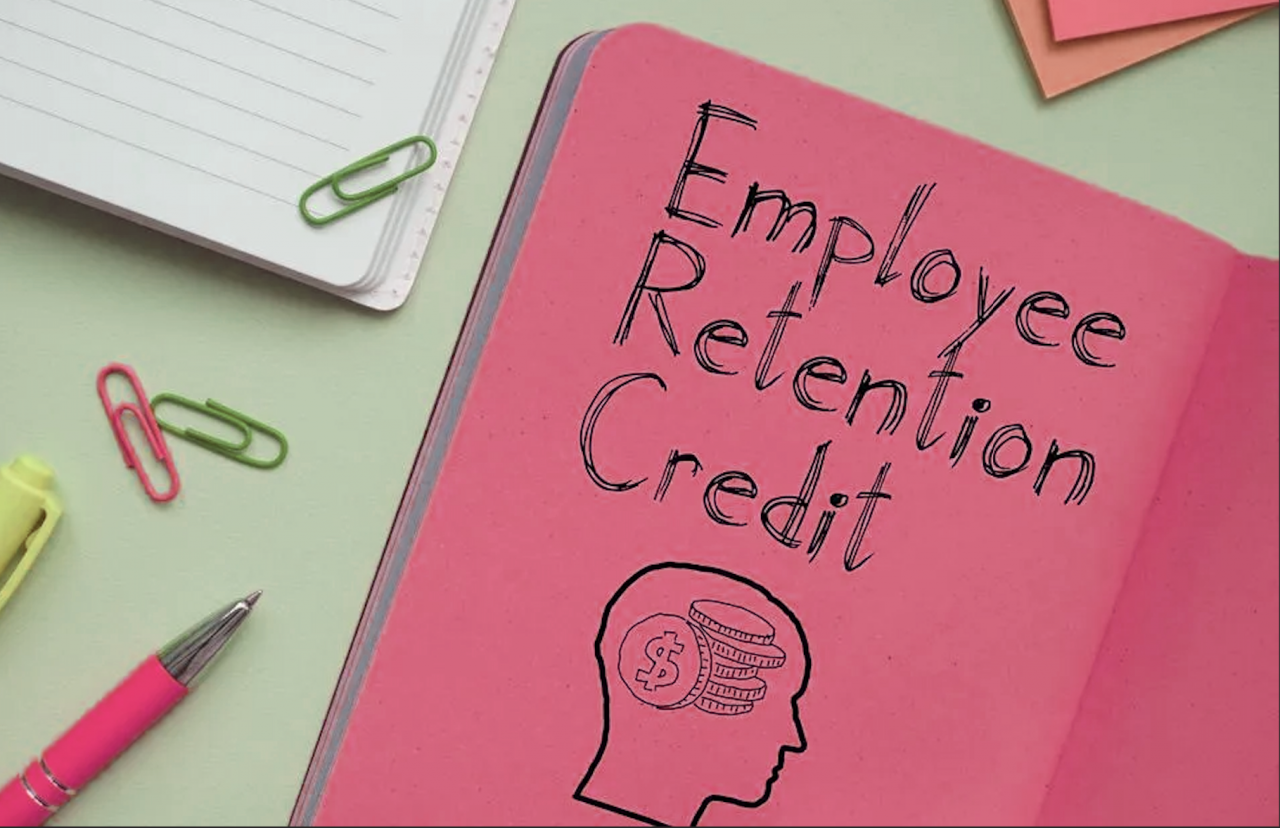IRS expands work on aggressive Employee Retention Credit claims; 20,000 disallowance letters being mailed, more action and voluntary disclosure program coming

As part of continuing efforts to combat dubious Employee Retention Credit (ERC) claims, the Internal Revenue Service is sending an initial round of more than 20,000 letters to taxpayers notifying them of disallowed ERC claims. IRS is disallowing claims to entities that did not exist or did not have paid employees during the period of eligibility to prevent improper ERC payments from being made to ineligible entities.
The letters are being sent as the IRS continues increased scrutiny of ERC claims in response to misleading marketing campaigns that have targeted small businesses and other organizations. The IRS mailing is the latest in an expanded compliance effort that includes a special withdrawal program for those with pending claims who realize they may have filed an inaccurate tax return. Later this month, a separate voluntary disclosure program will be unveiled allowing those who received questionable payments to come in and avoid future IRS action.
After an initial review this fall, the IRS determined that a large block of taxpayers did not meet basic criteria for the credit. Starting this week, taxpayers who are ineligible for the credit will begin receiving copies of Letter 105 C, Claim Disallowed.
This group of letters will cover taxpayers ineligible for the ERC either because their entity did not exist or did not have employees for the time period when the credit was claimed.
“With the aggressive marketing we saw with this credit, it’s not surprising that we’re seeing claims that clearly fall outside of the legal requirements,” said IRS Commissioner Danny Werfel. “The action we are taking today is part of an initial set of steps in our compliance work in this area, and more letters will be going out in the near future, including both disallowance letters and letters seeking the return of funds erroneously claimed and received.”
“As we continue our audit and criminal investigation work involving the Employee Retention Credits, we continue to urge people who submitted a claim to review the rules with a trusted tax professional. If they filed an inaccurate claim, we urge them to consider withdrawing their pending claim or use the upcoming disclosure program to repay improper refunds to avoid future action.”
Following concerns about aggressive ERC marketing from tax professionals and others, the IRS announced Sept. 14 a moratorium on processing new ERC claims through at least the end of 2023. The IRS noted that enhanced compliance reviews of existing claims submitted before the moratorium is critical to protect against fraud and also to protect businesses and organizations from facing penalties or interest payments stemming from bad claims pushed by promoters.
When properly claimed, the ERC is a refundable tax credit designed for businesses that continued paying employees during the COVID-19 pandemic while their business operations were either fully or partially suspended due to a government order or had a significant decline in gross receipts during the eligibility periods.
In July, the IRS said it was shifting its focus to review ERC claims for compliance concerns, including intensifying audit work and criminal investigations on promoters and businesses filing dubious claims. The IRS has hundreds of criminal cases being worked, and thousands of ERC claims have been referred for audit.
20,000 letters focus on two ERC problem areas
The mailing reflects just part of the ongoing IRS review of these claims. In this group, two categories of claims have been identified and are being disallowed:
- Entity not in existence during period of eligibility: The ERC applies to qualified wages for periods between March 13, 2020, and Dec. 31, 2021. Entities established after Dec. 31, 2021, are not entitled to the ERC under the law passed by Congress.
- There are no paid employees during the period of eligibility: The ERC is intended as a credit against qualified wages paid. Entities that did not pay any wages are not eligible for ERC.
The IRS respects taxpayer rights, and the disallowance letter will explain that a taxpayer that disagrees with the disallowance can respond with documentation that supports their eligibility or claim amount, or they can file an administrative appeal.
The disallowance letters that identify ineligible claims before they’re paid serve several purposes that help taxpayers and tax administration. They:
- Help ineligible taxpayers avoid audits, repayment, penalties and interest,
- Protect taxpayers by preventing an incorrect refund from going to an ERC promoter, and
- Save IRS resources by disallowing incorrect credits before they enter the audit process.
The IRS plans additional letters beyond the disallowance letters. Plans are also being finalized for a special voluntary disclosure program involving ERC claims that will be announced later this month.
The IRS is also continuing to review ERC claims and may request more information from taxpayers to support their ERC claim.
Source: IRS-2023-230, Dec. 6, 2023
